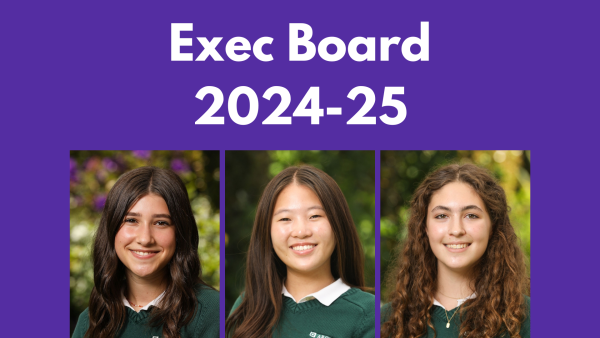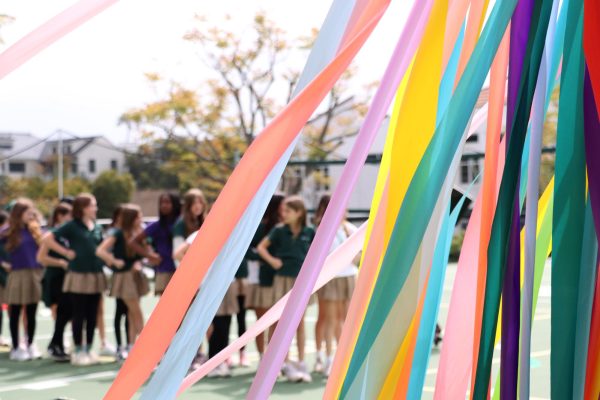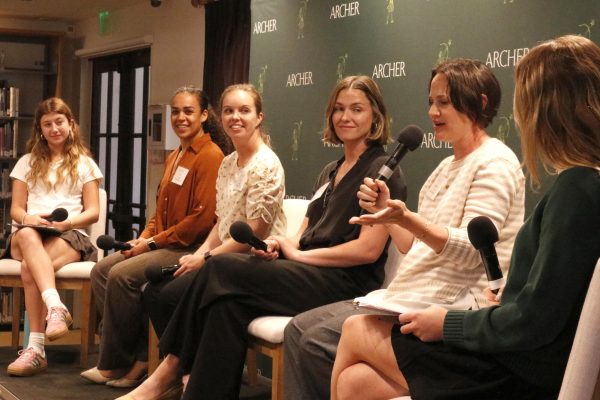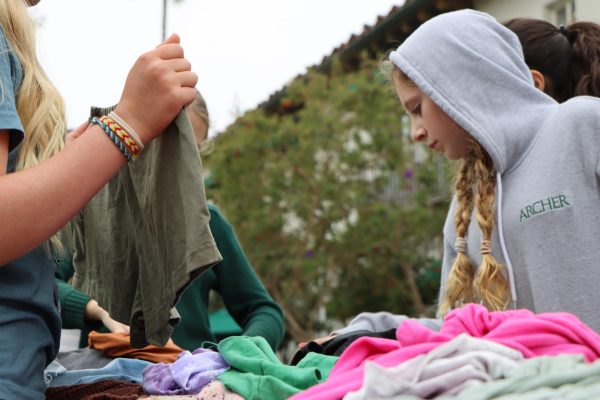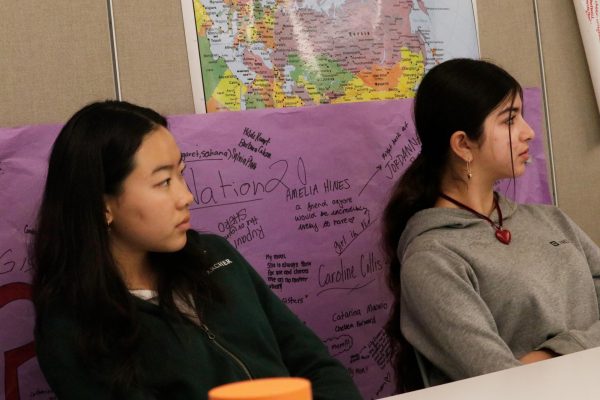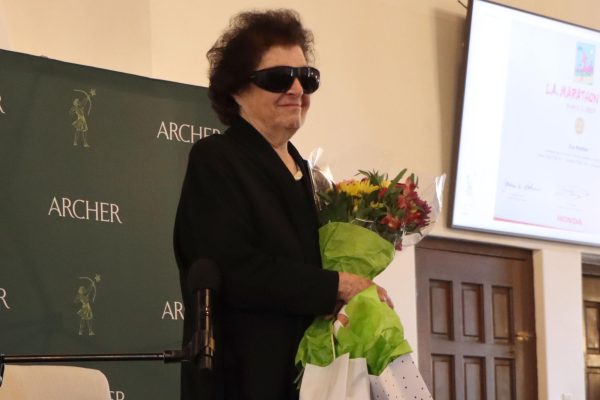Activist Theodora Mashamba gives advice for combating ableism, inspires community to learn more
Photo credit: Lola Thomas
Archer’s Disabled and Neurodiverse Student Union listen to activist Theodora Mashamba speak via Zoom April 20 in the Human Development room. Students said they were inspired and impacted by her story of determination.
April 23, 2023
The Archer community was invited to hear activist Theodora Mashamba share her life story April 20 via Zoom in the Human Development room. Mashamba, who has previously spoken at other schools and the United Nations, gave insight on combating ableism toward albino people.
Mashamba was attacked in her home village in Tanzania because of her albinism and survived. She was rescued and taken to a hospital by the African Millennium Foundation, since it was not safe for her to go back to her home village. The African Millennium Foundation took Mashamba and other survivors to Los Angeles for treatment. She now is going to college and emphasized the importance of gaining higher education as a disabled person. She said that being albino in the United States has been a more positive experience.
“I felt safe. I felt that I could fit in and not stand out too much because of my skin,” Mashamba said in her presentation.
The presentation was organized by Archer’s Disabled and Neurodiverse Student Union and group adviser Catie Chase. Chase has supported Mashamba and her older sister, Bibi, in their educational journeys, and now supports them as a life coach.
Senior Piper Rutman is the co-president and co-founder of DNSU.
“I thought that there wasn’t really much representation when it came to students with disabilities,” Rutman said. “I wanted to create a group where students with disabilities or neurodiversity could feel safe, heard and have a community of people that’s all really connected.”
When reflecting on her experiences in middle and high school, Mashamba said that there are still accommodations that need to be made for disabled students.
“Middle school was really challenging because my middle school didn’t use computers — the teacher would just assign assignments,” Mashamba said. “We need to have more opportunities but, at the same time, be given the tools that we need.”
Rutman said Mashamba’s story is important for the rest of the Archer community to learn about to spread awareness about ableism.
“It’s really important for the Archer community to hear people with disabilities or physical differences or mental differences even just to speak to them and talk about their experiences because not everyone’s experience is the same,” Rutman said. “Hearing from her was such an inspiring opportunity for us to learn about a Black person with albinism’s experience through life.”
Freshman Lucy Kaplan, a member of DNSU, said that she was strongly impacted by Mashamba’s story and message.
“I really like learning new things, especially things that I previously didn’t know a lot about — I’m definitely going to tell my family, and then I’m sure they will tell [others],” Kaplan said. “That spreads awareness about the issues without putting in a whole lot of effort, which is really just great.”
Mashamba has been committed to encouraging and uplifting the disabled and neurodiverse community for a long time. She urged anyone who is disabled to not let their disability stop them from achieving their goals.
“Do not let your disability hold you back from doing what you dream or wish to do,” Mashamba said. “Do not let anyone tell you that you can not do something because of your disability.”



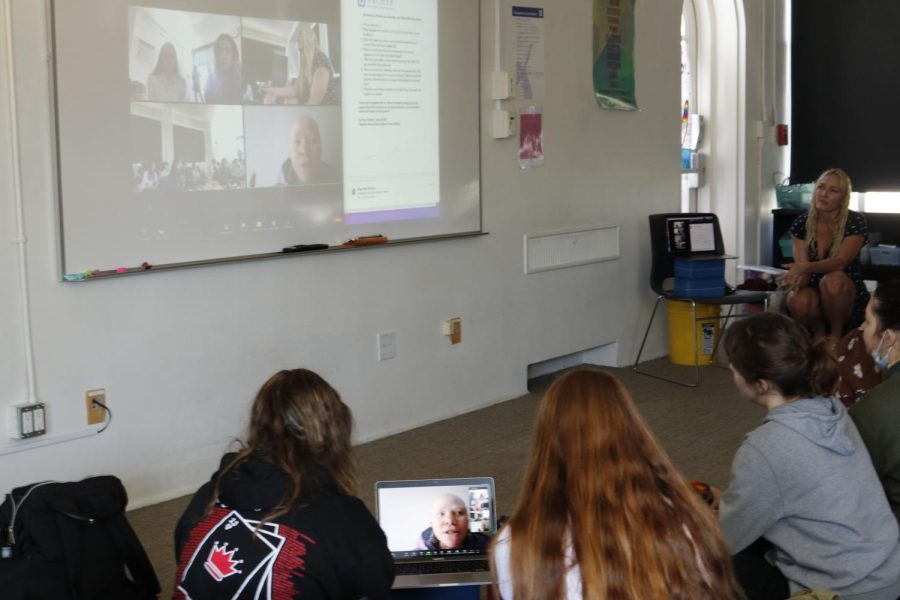
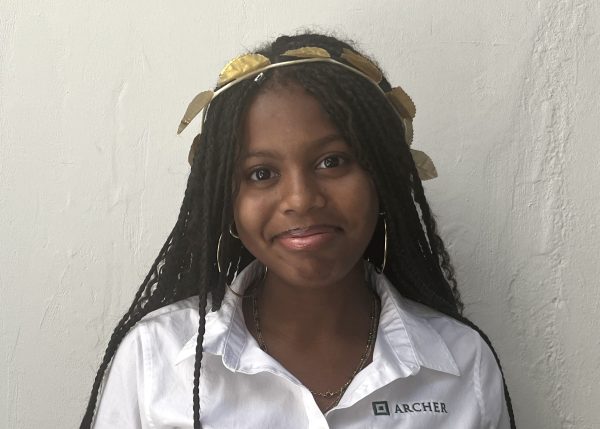





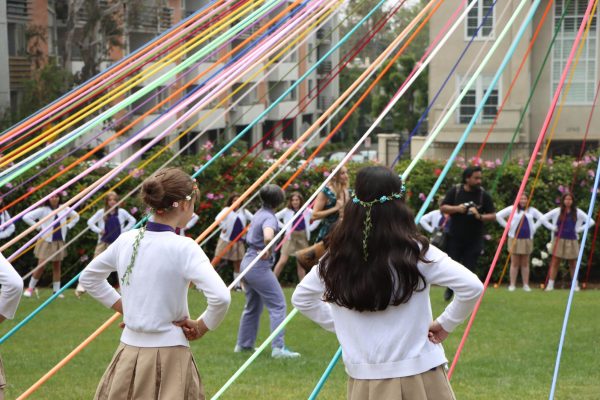
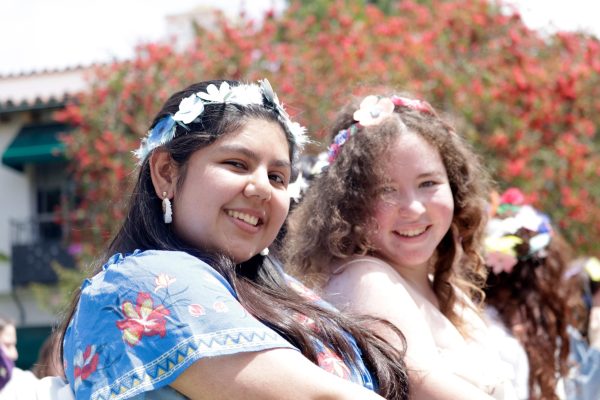
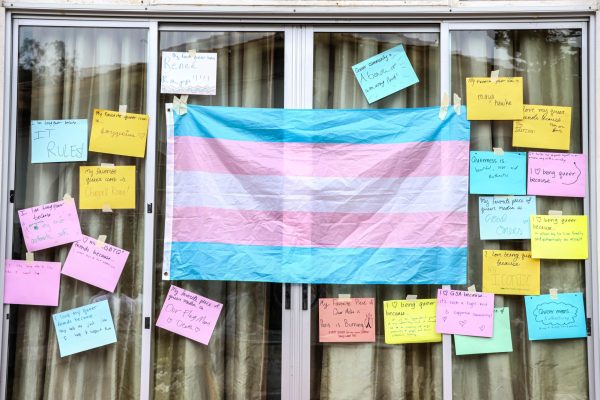
![Seniors laugh as they shoot water across the courtyard, during the annual fountain jump. I [the fountain jump] is really the culmination of your Archer experience, senior Ella Gray said. Especially because youre always around the fountain, at some point, and now you get to be in it.](https://archeroracle.org/wp-content/uploads/2024/05/MG_0817-1-600x400.jpg)
